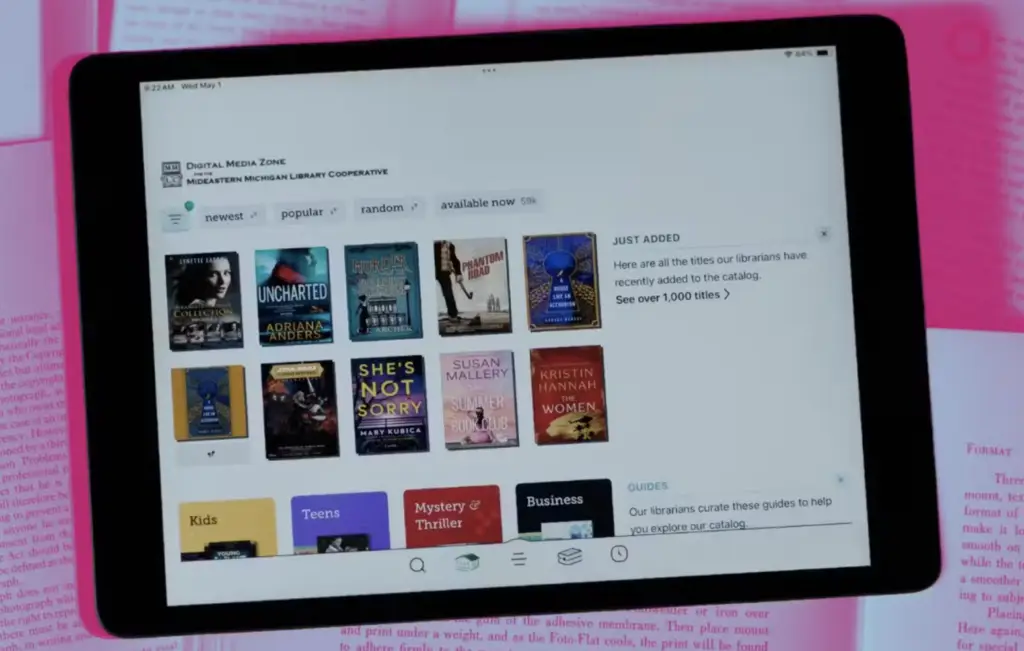I’m an avid reader, devouring over 50 books a year. To keep costs down, I manage to get most of my ebooks for free and still enjoy them on my Kindle.
I’m a voracious reader, averaging one or two books a week, and my shift from physical books to the Kindle app hasn’t dampened my enthusiasm or my budget. I get nearly 90% of my Kindle books for free, thanks to being a huge library supporter. I use Libby, a digital borrowing app that lets me check out ebooks without stepping foot in a library, avoiding both misplaced books and late fees. While Libby doesn’t carry every Kindle title, its vast selection of 59,000 books keeps my reading list full without the costs. Here’s how I use it:
Get a Library Card: You need a card from a library that supports OverDrive or Libby. Many libraries let you register online.
Download Libby: Available on Google Play, App Store, and Kindle App Store, Libby allows you to wirelessly send books to your Kindle.
Set Up Libby: Enter your library card number and PIN (if you don’t know your PIN, your library can help you). Then, add your library within the app.
Borrow or Reserve Books: Browse and borrow available titles directly or place holds on popular ones. You’ll get a notification when a book becomes available.
Read on Your Kindle: Select ‘Read With Kindle’ in Libby for books you want to send to your device. They’ll appear in your Kindle library, ready to read.
The books automatically return on their due dates, but you can often renew them if you’re not done yet. This method keeps my reading habit alive and my spending on books virtually nonexistent.
Other ways to find free books for your Kindle
1) Explore Amazon’s Top 100 Free Books: Amazon also offers a selection of free eBooks. Authors often offer the first book in a series for free to entice readers to purchase subsequent volumes. Be aware that these free books might end in cliffhangers, prompting you to buy the next in the series. If you’re searching for a new read and don’t have a library card, Amazon’s frequently updated list of top 100 free Kindle books is a great starting point.
2) Access Free Classic Literature: The main reason I originally bought my Kindle was for a college literature class requiring several classics. Public domain books with expired copyrights are often available for free. Websites like Project Gutenberg, Open Culture, and ManyBooks offer these classics at no cost.
3) Sign Up for Free eBook Alerts: Instead of constantly checking for new free eBooks on Amazon, you can have them sent directly to your inbox. Services like BookBub and Free Booksy email subscribers lists of free and discounted Kindle books in their preferred genres, making it easy to discover new reads regularly.
Happy reading!


